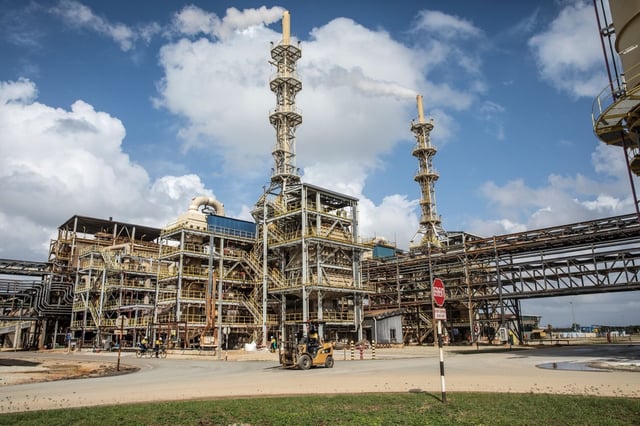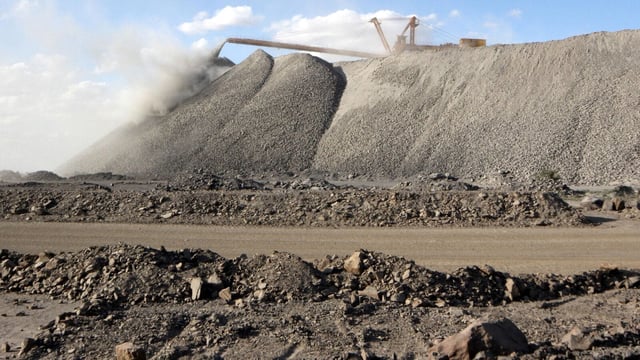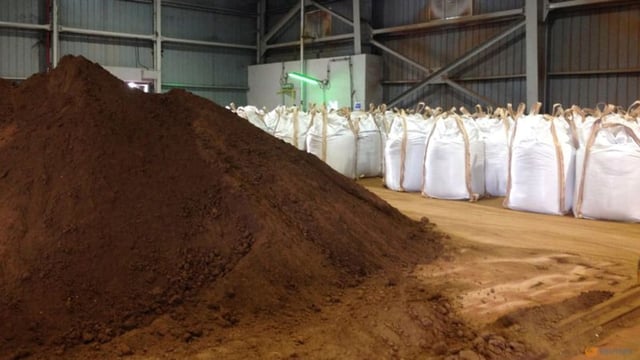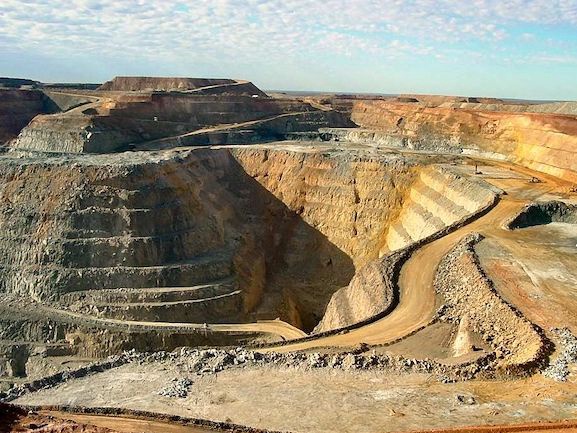Overview
- Investment minister Tengku Zafrul said Malaysia will keep raw rare earths onshore, inviting foreign projects that include local processing, job creation and technology transfer, with exports limited to processed metals.
- Analysts say the ban signals Kuala Lumpur’s geoeconomic leverage and could position Malaysia to supply buyers seeking non‑Chinese sources, helped by its existing processing capabilities.
- Lynas’ Gebeng plant remains the largest heavy rare‑earth processor outside China, handling about 1,500 tonnes annually after more than US$700 million invested over 12 years.
- Lynas is moving to integrate locally, signing an MOU with Kelantan to secure mixed rare earth carbonate feedstock and partnering with South Korea’s JS Link to target up to 3,000 tonnes of magnets a year in Kuantan.
- Policy execution and environmental scrutiny persist, with a five‑year national plan seeking advanced separation technology, state‑level land and illegal‑mining risks flagged by analysts, and a 2023 licence condition requiring Lynas to develop thorium‑extraction technology by March 2026.



